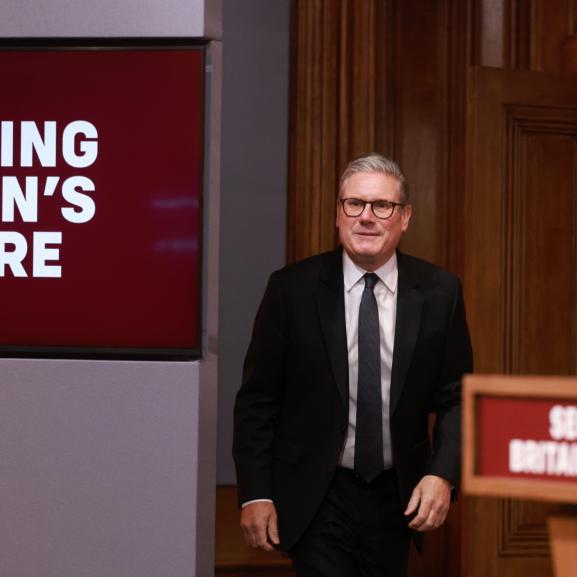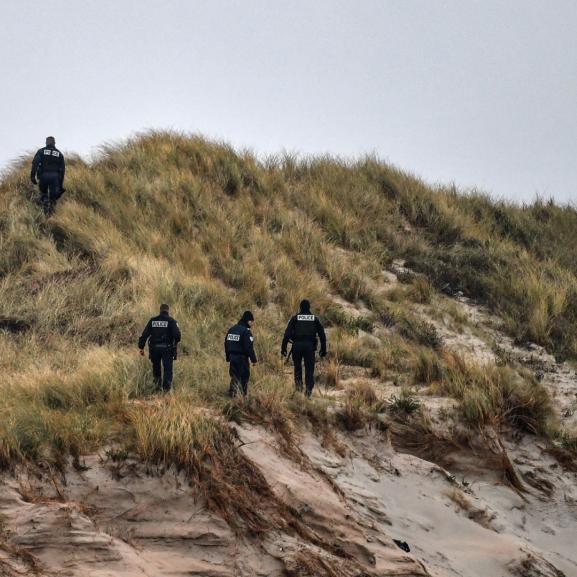Beyond Belief: our new report reveals a Home Office culture tainted by prejudice
We have today published a new report on the experience of the asylum interview for torture survivors seeking asylum in the UK.
The report argues that the Home Office repeatedly breaches its own guidelines, and calls for a fundamental culture change.
Beyond Belief: How the Home Office fails survivors of torture at the asylum interview sheds light on a flawed system that lets down many of those it is supposed to protect.
“It’s a matter of life and death...I was having nightmares, feeling that if the decision is negative, what can I do? And if they didn’t understand what I’m saying… how can I get them to understand?” – Survivor
Wendy Williams, author of the Windrush Lessons Learned Review, attributed the Windrush scandal in part to a “culture of disbelief and carelessness”. Those are the same failings documented here.
Beyond Belief documents the failure to protect vulnerable asylum seekers and to live up to the Home Office’s own declared aspiration to create an environment where people are treated with “respect, dignity and fairness”.
The Black Lives Matter protests of recent weeks, as well as the disproportionate Black and minority ethnic deaths from Covid-19, have highlighted deep-seated issues of discrimination and inequality, unaddressed for too long. The government must take concrete steps to address structural and cultural problems in the Home Office, and bring an end to the politics of hostility to non-white migrants that has corrupted the asylum system.
Key findings:
- Arriving in Britain, traumatised from torture and sexual violence, as well as a harrowing journey, survivors are often prevented from giving a full account of their experiences or are denied the opportunity to explain the relevance of their evidence. The Home Office fails to follow its own guidance and aspiration to create a ‘positive and secure environment’ for the survivor.
- Home Office case workers have been found to employ poor questioning technique during the interview. Sensitivity and professional approach to claimants is not always maintained.
- An experience of torture is not consistently identified at this stage of questioning despite being a critical indicator of both vulnerability and risk of harm on return.
- If done badly, the asylum interview may hamper the caseworker’s ability to make a prompt, fair and safe decision on the claim. This can mean that people desperately in need of protection are sent back to torture and persecution.
- Many people leave the interview feeling dehumanised, re-traumatised and despairing of getting a fair decision.
Sonya Sceats, Chief Executive of Freedom from Torture, said:
"The findings in this report confirm the Home Office’s culture of disbelief in the wake of the Windrush scandal. It is yet another illustration of how a system corrupted by a politics of hostility and exclusion contributes to the misery and desperation of people in need of help. There have been glimmers of light and an acknowledgment of the need for change. But concerted action is essential.
“In the context of a powerful movement for race equality and in the face of evidence showing harmful impacts on vulnerable people, the Home Office can no longer turn a blind eye to prejudice hardwired into the asylum system. Ministers must empower Home Office officials to deliver a positive root and branch transformation of the department. Without their leadership in committing urgently to tackle these issues, these cruel injustices will continue. "
Nadine Tunasi, Policy Lead at Survivors Speak OUT, a network for torture survivors, said:
“As a survivor, I know how difficult and terrifying the Home Office interview can be. How do you process and explain the trauma you have suffered to people who are not trained properly?
“The Home Office has just announced that it will be using video conferencing to conduct asylum interviews. Given that its case workers struggle to identify vulnerabilities in a face to face interview, I don’t have much confidence that they will be able to do this over a laptop.
“Vulnerable people are struggling to make their voices heard, and the Home Office must take the recommendations in this report seriously”.






